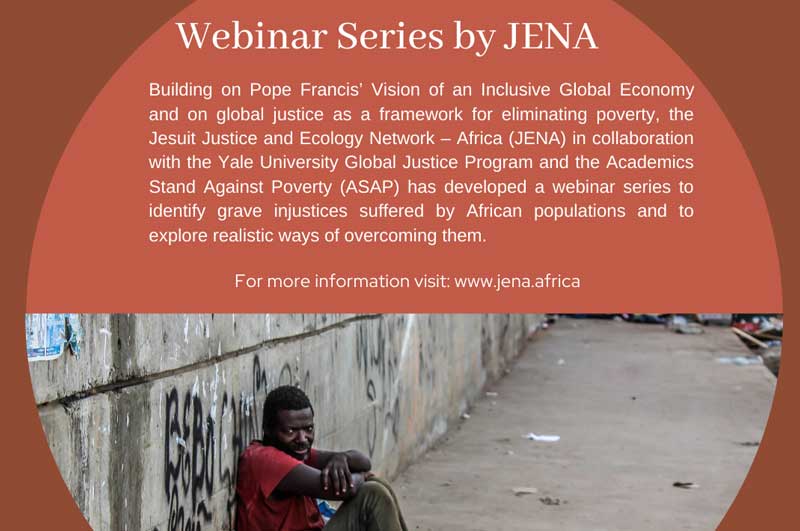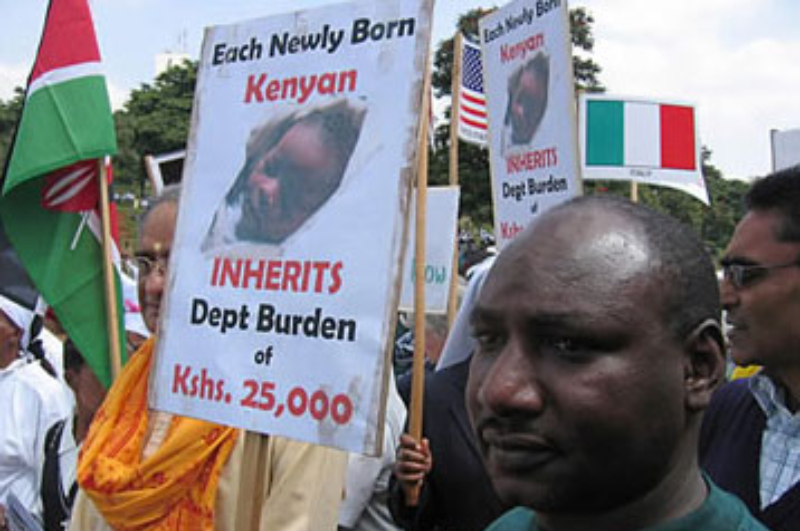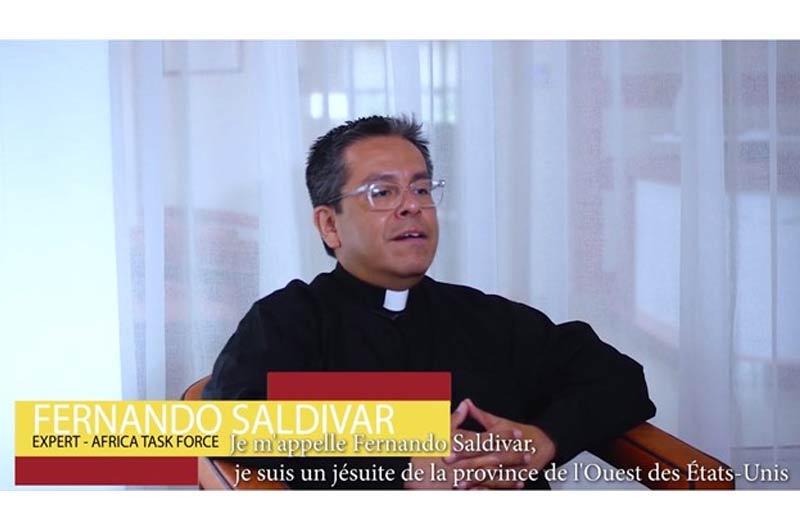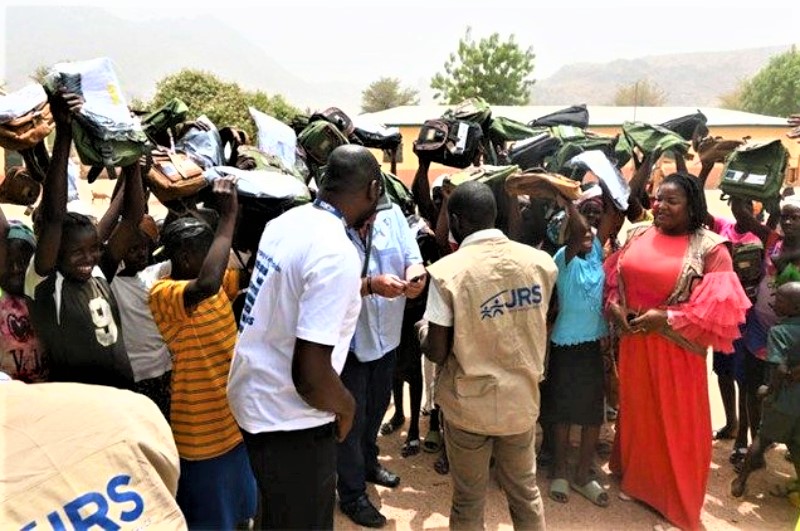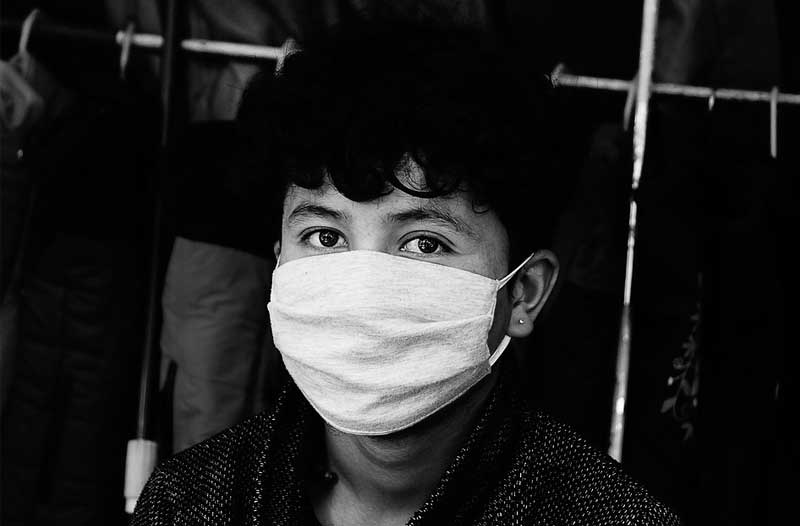


A month and a half ago, coronavirus infection was considered a distant reality in Italy. On Saturday, February 1, I even dared to have a meal in a Chinese restaurant with two Jesuit companions in Rome. The coronavirus was still confined to the far east. Among the Orientals living in Italy, some have been victims of acts of violence. During the first week of February, the first Italians were diagnosed positive, in the north of Italy, especially in the region of Lombardy. The Italian government then began to take a serious interest in it, not without great controversy.
By mid-February, there were fewer than 15 deaths across Italy and fewer than 50 patients. But it was during the fourth week, and more during the first week of March, that the numbers experienced an exponential multiplication. In the 24-hour weekend of March 7-8, 133 new deaths from COVID-19 and 1,492 new cases of coronavirus infection were recorded. On the evening of Sunday, March 8, 2020, there were a total of 7,375 cases and 366 deaths throughout Italy. This Monday evening, we reached a total of 463 deaths (therefore 97 deaths recorded in the last 24 hours). The majority of these cases are found in the north around the cities of Milan, Padua, Venice, Parma, and Bologna. This region is already under radical quarantine until April 3. But as the trains continue to run, many leave the north to take refuge in the Center or the South. Coronavirus carriers are therefore already present everywhere in Italy. This causes psychosis and concern among all the inhabitants of Italy and the Vatican.
On the evening of Wednesday, March 4, the government decreed the immediate stop of the courses in all the academic institutions, even in Rome and in the south. Primary and nursery schools had already closed following the outbreak. Parents of students are very disturbed because they do not know what to do with their children when mom and dad are at work. We are in a society where we do not call on a niece or an aunt to come and keep company with the children, as in Africa! The Gregorian, the Biblicum have also closed. However, home study is encouraged, and the possibility of using communication technologies to maintain the exchange between teachers and students. The situation seems really new for the Gregorian who, in living memory, has hardly experienced a situation of this kind!
Sunday masses were as normal celebrated in parishes and communities this Sunday, March 8, but with the government decree of March 4, pastoral workers were also asked to observe preventive measures in churches, such as removing holy water at the entrance of churches, not kissing each other of peace, give communion in your hands and not in your mouth, and observe a meter away from your neighbor. These measures were followed as best they could, because we saw people who, finding friends and acquaintances in the Church before mass, first kissed them before observing the distance required by the government.
At the Congolese chaplaincy, the choir made its Saturday rehearsal online. The singers have come together on WhatsApp to browse the song directory, together at the same time. Congolese women who liked to make a fuss on March 8, have agreed to refrain from it for this year!
The streets of Rome are well deserted, with very few tourists in circulation. I took a bus on Saturday evening and there were very few people, but a lot of mutual distrust. We avoid touching each other. Young Italians were still able to go to the nightclub as they are used to. But that was without taking into account the measure that was going to fall on Sunday, March 8. Indeed, with the vertiginous increase in the number of sick and dead, the government extended the measure to suspend gatherings throughout Italy. The restaurants remain open (even among the Chinese!), provided that the safety distance of one meter is observed. The Italian Episcopal Conference and the Vicariate of Rome have also just decreed the end of the Eucharistic celebrations in all the churches until April 3. Already, this Sunday, March 8, the pope made the prayer of the Angelus from his library, to prevent pilgrims from gathering in Saint Peter's Square. His message was broadcast live on television. It will be so for the morning masses he celebrates, and for the Wednesday hearings.
The repercussions of this situation are numerous. So many meetings and trips postponed or simply canceled! The Pope himself has already canceled the meeting he planned to have with economists in Assisi at the end of this month to work on "the outline of a fairer and more inclusive economy" (see his letter from Lent). For our part, at the Collegio del Gesù, we ask ourselves questions about the diaconal ordinations planned for April 14: Should we postpone them or keep them in-camera? What about the guests? How will we celebrate Holy Week? What about Easter? For a community of fifty people, how can we protect ourselves from this virus? Because it is enough that a person catches it outside and oops, welcome coronavirus ... How to do it? Visibly, some members are more afraid than others. All it takes is a small cough or a cold, panic around ...
In short, we are content with the measures that are advised to all: wash your hands regularly (for 20 seconds, that is to say, the time of an Ave Maria), observe a meter away from your neighbor, do not put your fingers in your eyes, mouth, and ears, ventilate your room, etc. Without forgetting a very effective and often forgotten means: prayer! and more in this time of Lent. The Diocese of Rome has just declared Wednesday, March 11 as a day of fasting and prayer to implore the help and mercy of God.
While remaining serene and confident in the Lord, without falling into alarmism, we invite you to join us also in our prayer, so that this virus is eradicated from the face of the earth.
Related Articles
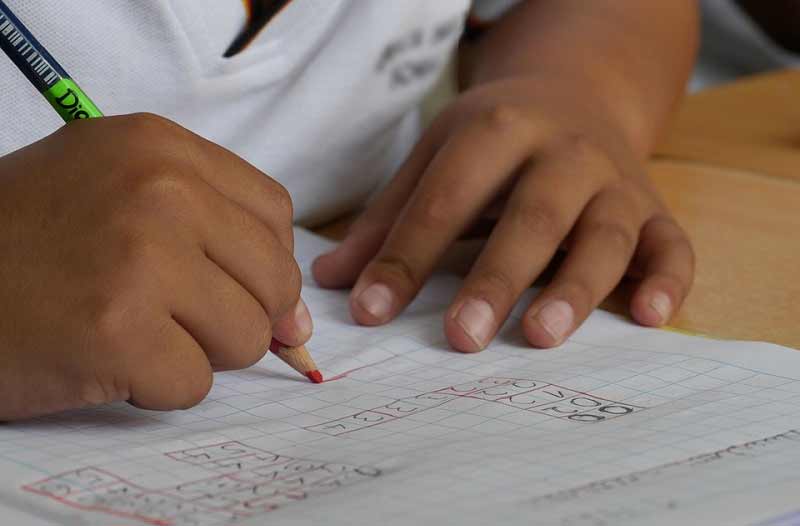
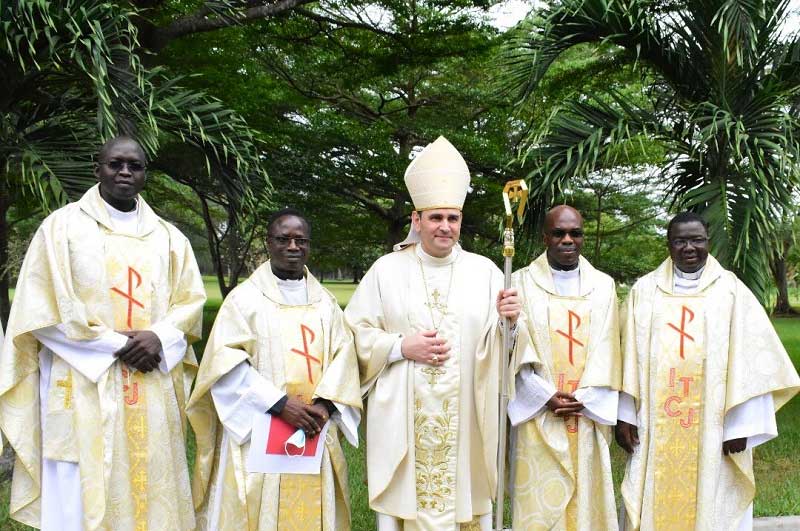
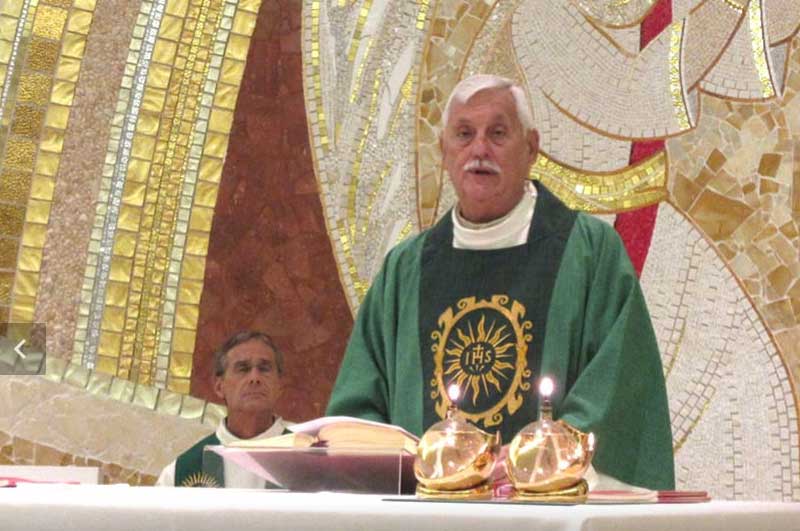
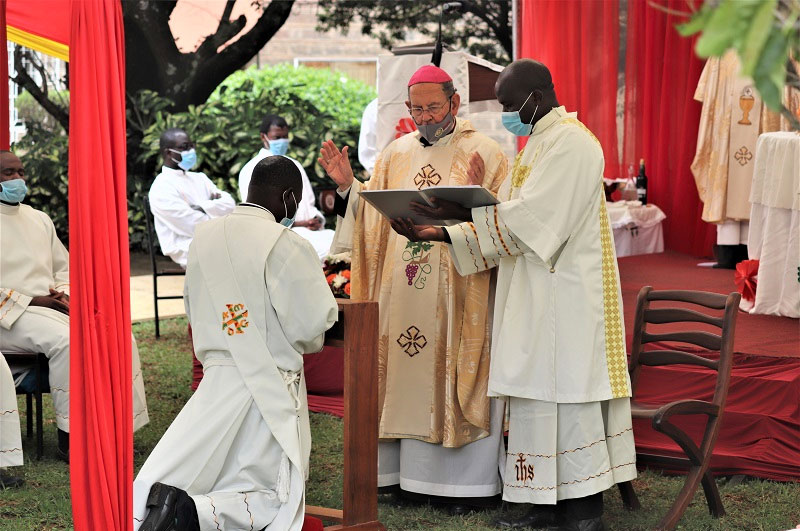
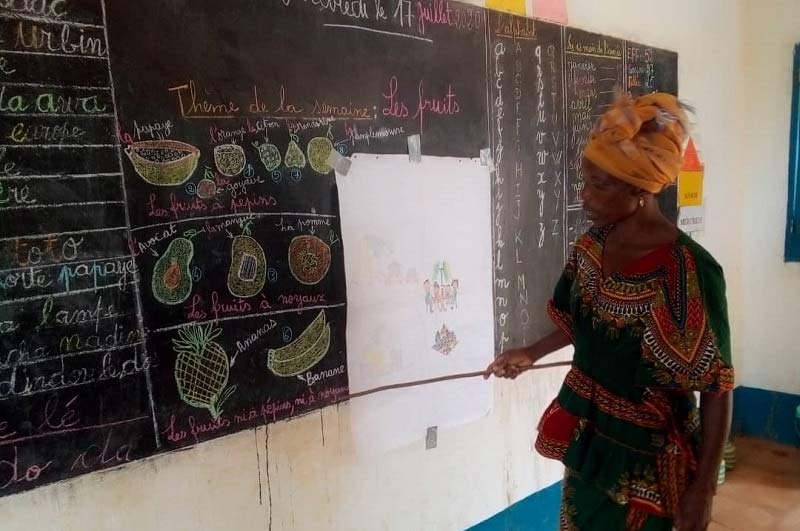
Select Payment Method
Pay by bank transfer
If you wish to make a donation by direct bank transfer please contact Fr Paul Hamill SJ treasurer@jesuits.africa. Fr Paul will get in touch with you about the best method of transfer for you and share account details with you. Donations can be one-off gifts or of any frequency; for example, you might wish to become a regular monthly donor of small amounts; that sort of reliable income can allow for very welcome forward planning in the development of the Society’s works in Africa and Madagascar.
Often it is easier to send a donation to an office within your own country and Fr Paul can advise on how that might be done. In some countries this kind of giving can also be recognised for tax relief and the necessary receipts will be issued.



